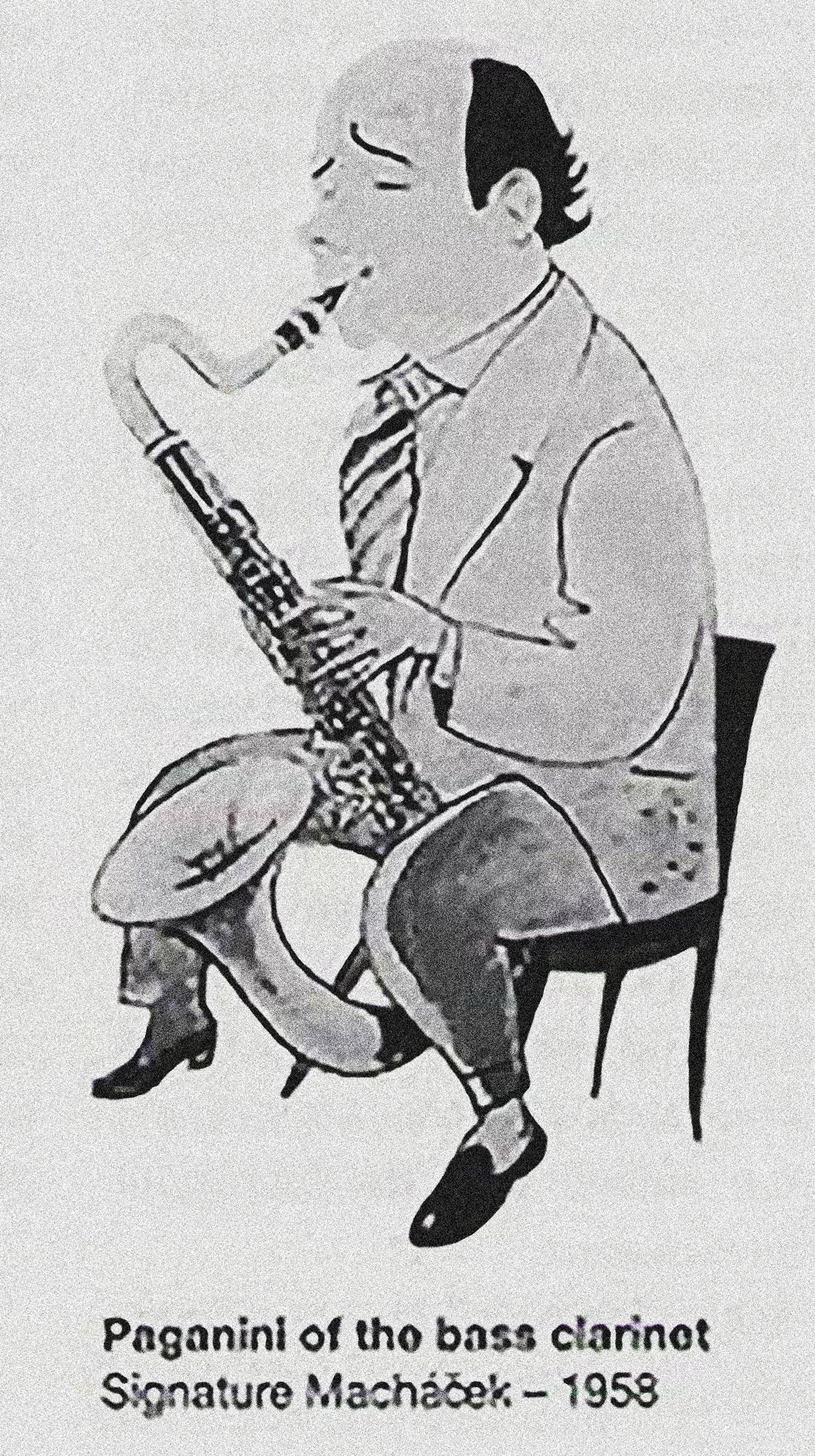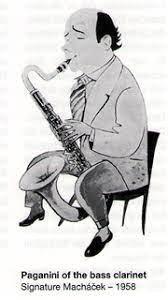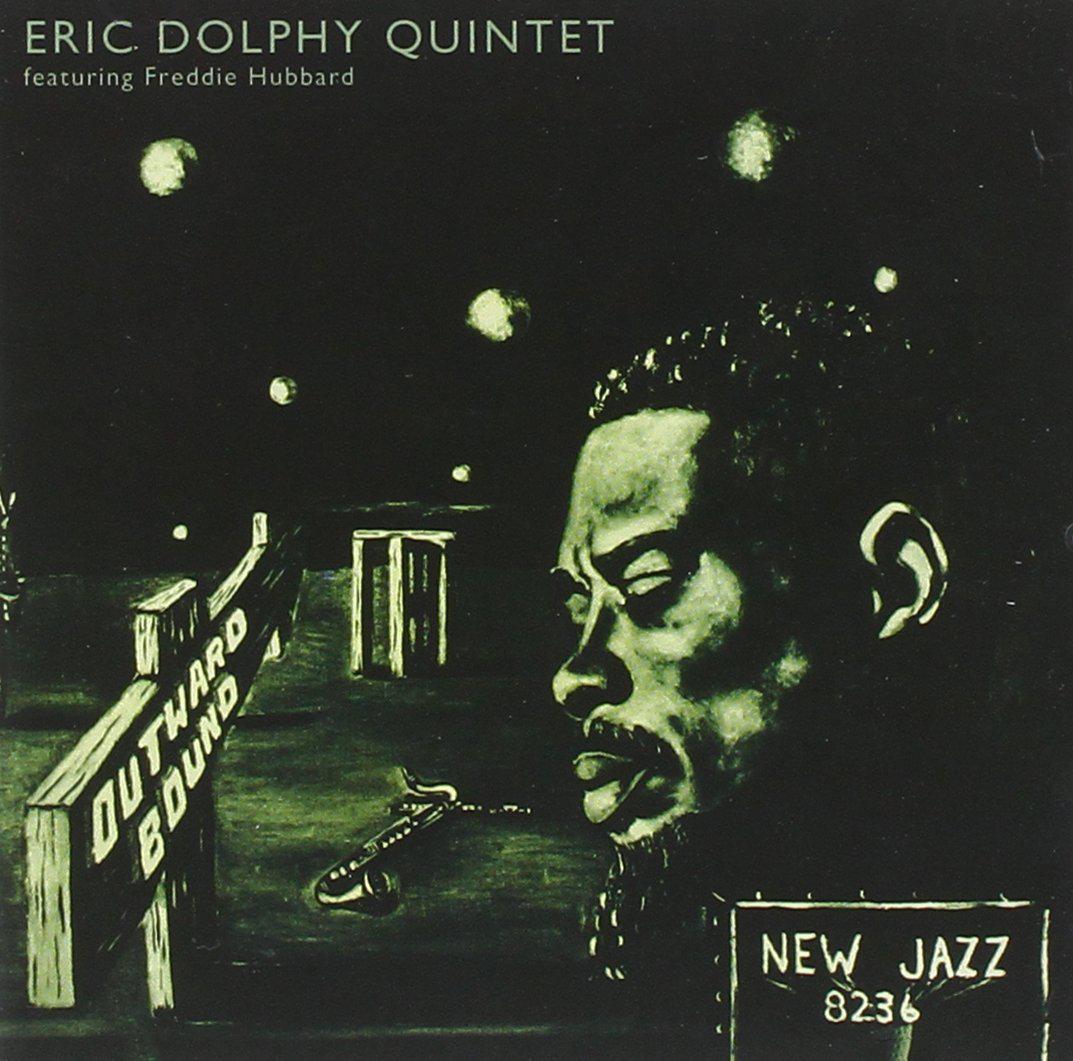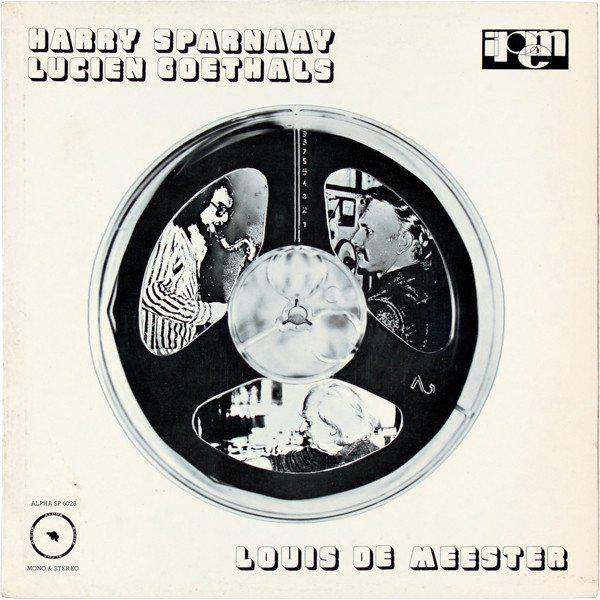
Is there "space" for you in the world of music?
Share
A bass clarinetist named Julia wrote me with these questions:
Hey Michael! I wanted to follow-up on our conversation after your masterclass at ClarinetFest. Here is a link to the video of the piece I played, fully realized with electronic accompaniment: https://youtu.be/K5JlYe66m74 Additionally, I'd like to know: Is it difficult to stay motivated to make creative music projects happen while working in another field? I'm starting to realize that there may not be space for someone as outside-of-the-box as I am in musical institutions....I am sure you can relate here, and have navigated that so successfully! Any thoughts on the matter would be much appreciated.
My reply, below:
Thanks for sending the video; I’m listening to it now. The vibe here is definitely an acquired taste, but I know there are many people who have it. You may be interested in a piece I did a long time ago called “Rare Events” (it’s on my first album, Spasm), which this piece loosely reminds me of. That whole album was mostly music that audiences raised an eyebrow at—well, non-clarinet-playing audiences, that is. But it was what it was at the time, and it marked the beginning of my solo work. I was 28 when it came out.
The interesting thing I heard after that album was released was that listeners liked the music on the album that I wrote, and suggested I write more for the instrument. I’d been doing that all along, but never considered myself a “composer” — I was just a guy who “wrote music.” I used that language on purpose to protect me from those who might take issue with me calling myself a composer. You see, back then, “composer performers” were looked sown on somewhat—you kind of had to pick a lane or some people assumed you were a “dabbler.” But I leaned into that world heavily, and began ONLY playing music that I wrote shortly thereafter. Beyond my second album (1985), I only released music I wrote (or arranged), and as a result my vibe changed from “new music bass clarinet player” to “bass clarinet player.” I liked the distinction.
All this is context for how I’m going to answer your question about there “being space” for you.

Before Josef Horak played the first bass clarinet recital in 1955, there was no “space” for solo bass clarinet recitals.
After the recital, there was.

Before Eric Dolphy championed the bass clarinet on his first album in 1960 called “outward bound,” there was no “space” for bass clarinet in Jazz.
After that album, there was.

Before Harry Sparnaay released his first album in 1973, there was no “space” for contemporary bass clarinet solo albums.
Afterwards, there was.
You see where I’m going: don’t limit yourself by what you presume to be a lack of interest in what you’re doing. Do it—and do it WELL—and the world will notice. Maybe not the whole world (!) but enough to make a difference. And that’s all I want for myself: to leave music a better place than I found it. I hope that is your goal, too.
Okay, sermon over.
Now, to your first question about motivation. Read this article I wrote.
Hope this all helps!
-Mike

